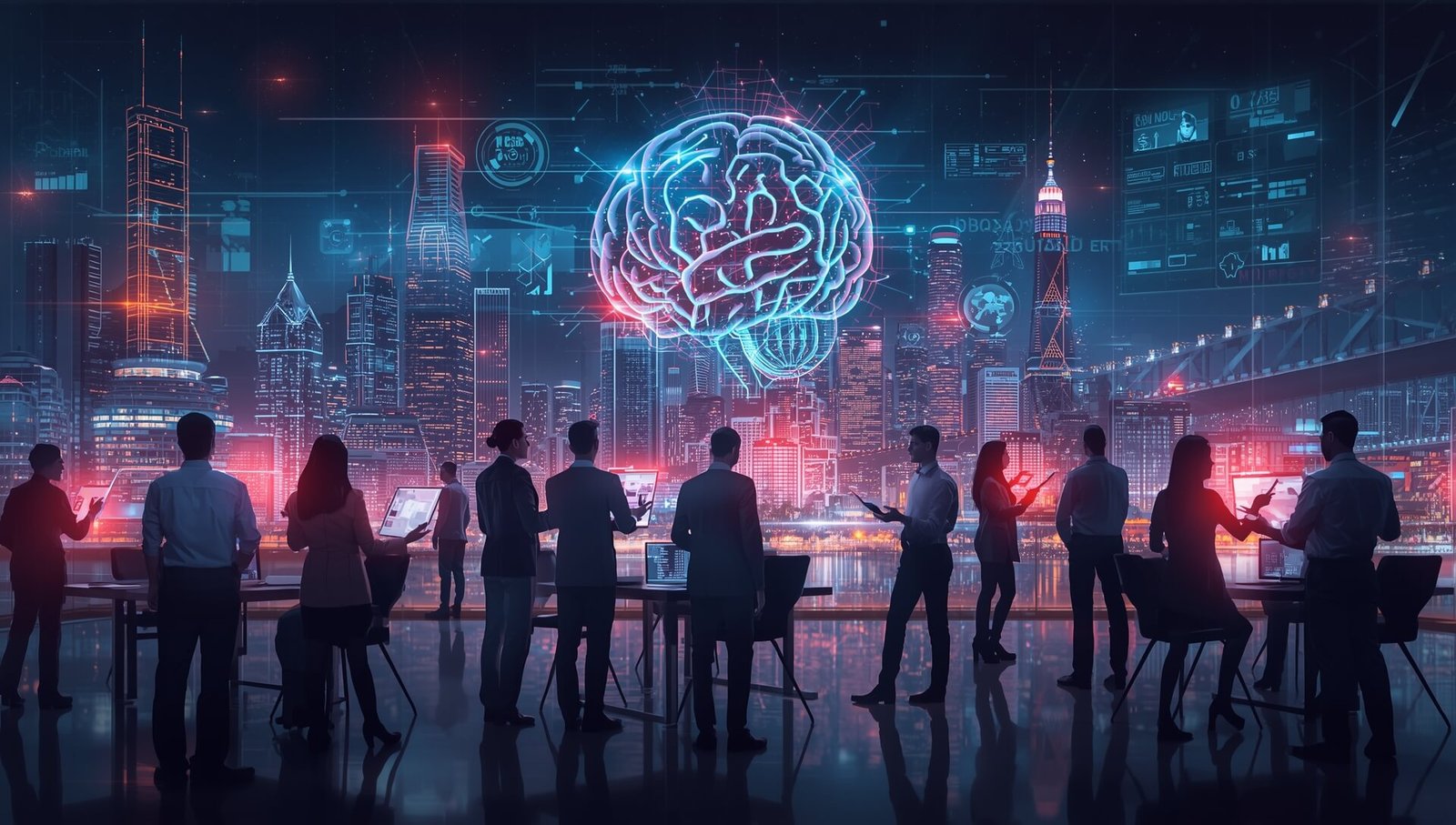Artificial Intelligence (AI) is no longer a futuristic concept—it’s an essential part of innovation and growth in today’s world. From small businesses to global enterprises, organizations are asking the same question: How will AI impact my industry, and how can I use it to gain a competitive edge?
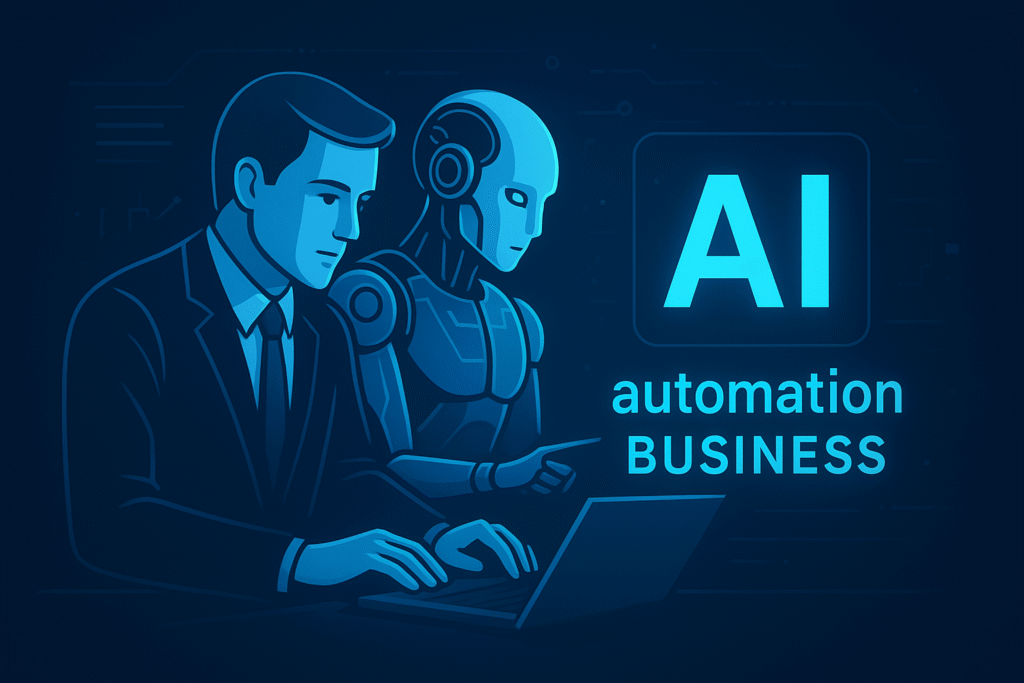
Generative AI Is Reshaping Content Creation
One of the most disruptive trends is generative AI—technology that creates text, images, video, and even software code. Tools like ChatGPT and Claude can draft blogs, emails, and reports in minutes. Design platforms such as MidJourney and ChatGPT-4o generate visuals on demand, while video tools like Google Veo and Opus Clip help produce professional-level video content faster and cheaper than ever.
Impact: Marketing teams produce more personalized content, while creative professionals automate repetitive design tasks, freeing time for strategy and innovation.
AI-Driven Automation Boosts Productivity
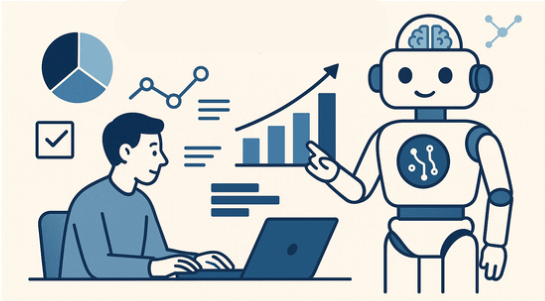
Automation powered by AI is transforming workflows. Platforms like Zapier AI and UiPath integrate across apps to handle repetitive tasks—everything from scheduling and customer support to invoice processing.
Impact: Businesses save time, reduce costs, and minimize human error, enabling employees to focus on high-value work.
Smarter Data Analytics and Decision-Making
AI is also revolutionizing data analytics. Tools like Tableau with AI features, Power BI Copilot, and Google Cloud AIanalyze massive data sets and predict trends that humans would struggle to identify.
Impact: Companies make better, faster decisions—whether it’s forecasting sales, identifying new market opportunities, or improving supply chain efficiency.
Personalized Customer Experiences
Consumers now expect personalized interactions, and AI delivers. Recommendation engines used by platforms like Shopify, Amazon, and CRM systems such as HubSpot analyze behavior and tailor content, products, and offers in real time.
Impact: Higher customer satisfaction and improved conversion rates across e-commerce, SaaS, and service industries.
AI Integrated Into Everyday Tools
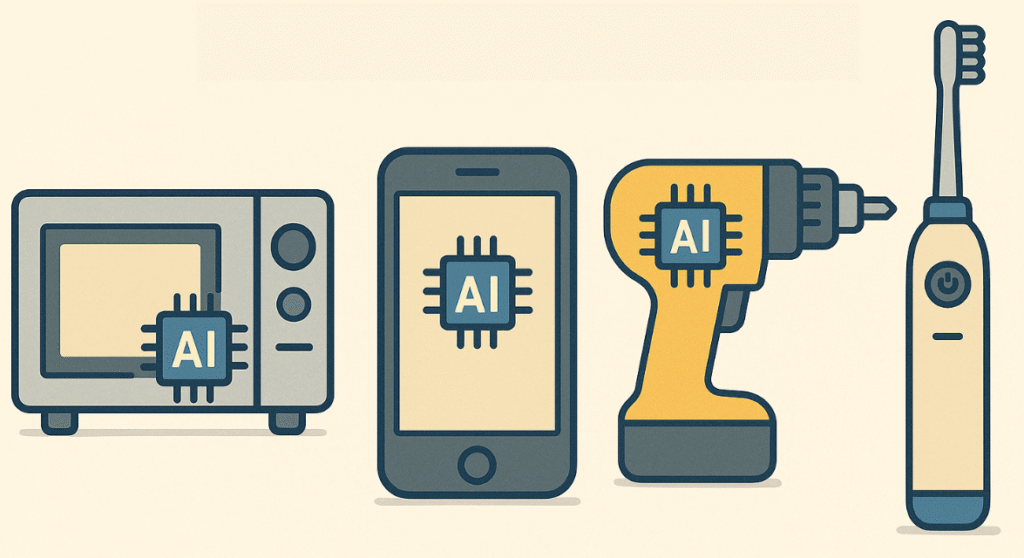
You don’t need to adopt new software to benefit from AI. Existing productivity apps now include AI assistants. Microsoft Copilot integrates into Word, Excel, and Outlook, helping users draft, analyze, and automate tasks. Google’s AI toolsenhance Search, Ads, and Workspace with smarter features.
Impact: Teams get AI support within tools they already know, lowering the barrier to entry.
How AI Affects Different Industries
- Marketing & E-commerce: Automated content and ad optimization.
- Healthcare: Faster diagnostics and predictive patient analytics.
- Finance: Fraud detection and automated compliance.
- Education: Adaptive learning tools that personalize education for students.
Why This Matters for Your Business
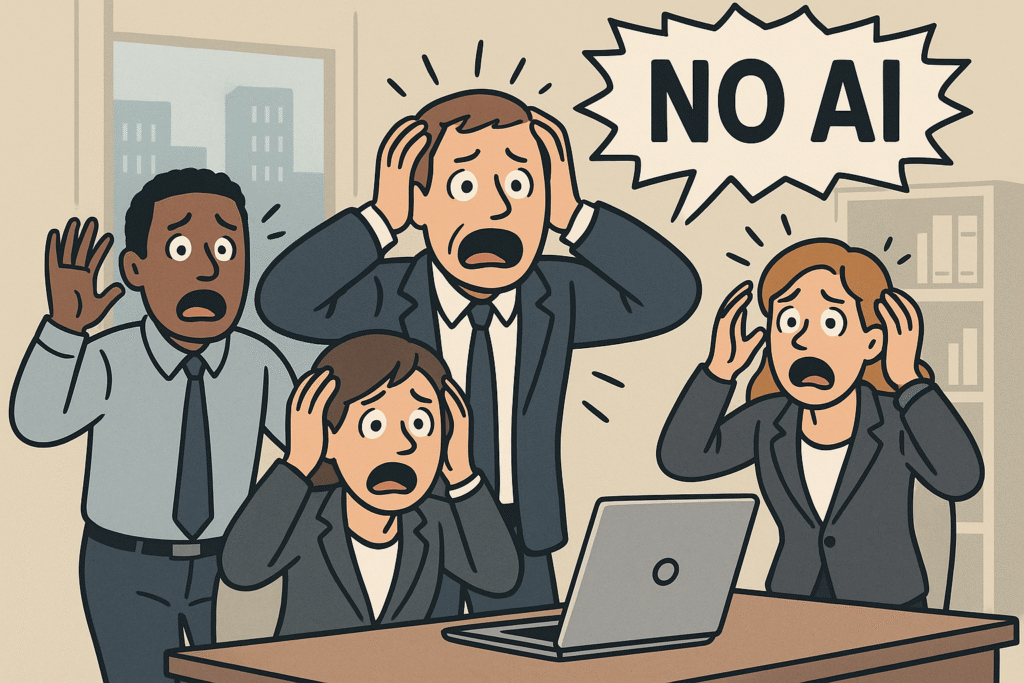
AI adoption is no longer optional; it’s a necessity for staying competitive. Early adopters will see gains in productivity, cost savings, and customer engagement. The key is to identify where AI fits into your workflows and start experimenting with the tools that fit your needs.
Conclusion:
AI in 2025 is transforming industries at record speed. Companies that embrace these technologies now will lead the way into the future. In upcoming posts, we’ll explore specific AI tools and actionable strategies to help you implement them effectively.

